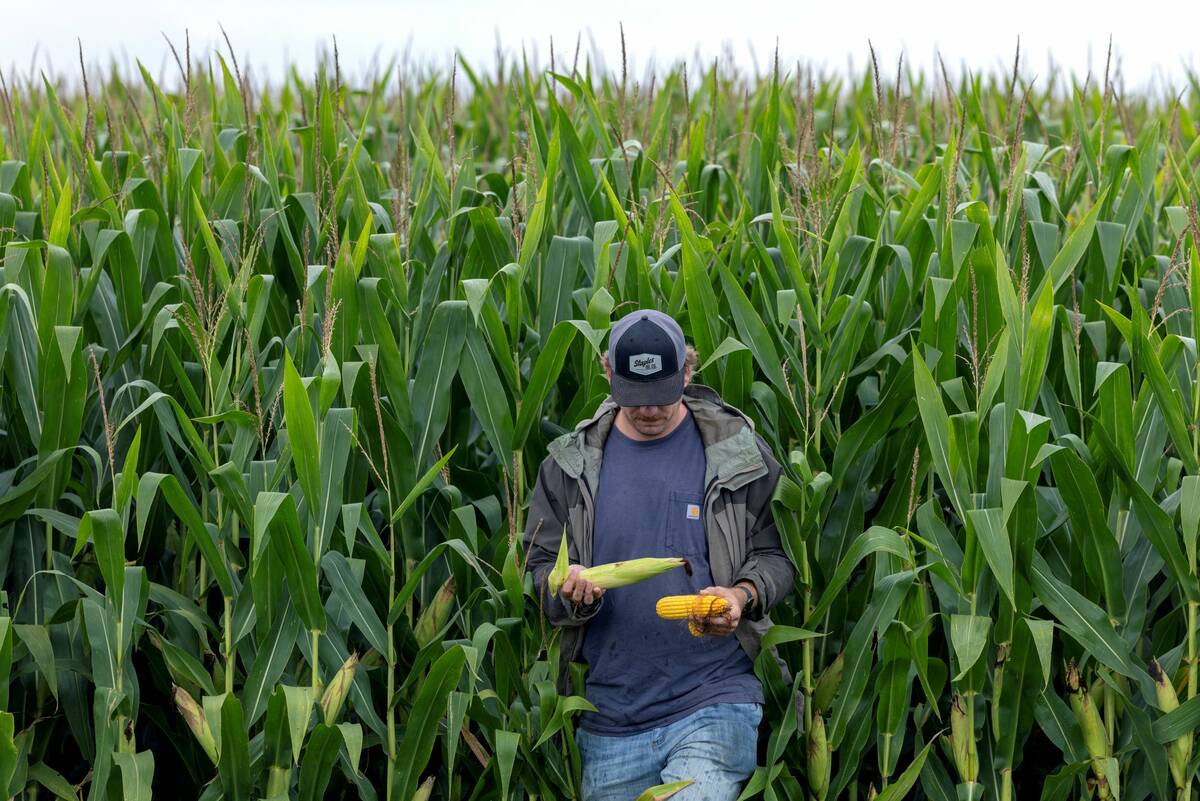Bayer CropScience says it has completed sequencing the entire genome of rapeseed/canola (Brassica napus) and its constituent genomes present in Brassica rapa and Brassica oleracea.
This provides Bayer with a unique level of insight into the previously unknown genetic code of canola and will speed up the development of new canola lines and traits, says Bart Lambert, head of the company’s oilseed research program.
“Not only does this mean faster and more efficient development, it also allows us to explore many more innovative ideas which will continue to enhance the value of rapeseed/canola as a crop, “said Lambert. “This will allow us to speed up our current research and breeding programs so that these will bring new technology and better products to growers much sooner.
Read Also

The U.S. corn crop could be the biggest ever. That’s terrible news for America’s farmers.
The USDA predicts a record corn crop for U.S. farmers, who question the agency’s accuracy amidst high debt and low crop prices.
The company plans to put it to work in gene copy identification and isolation for use in both biotech and non-biotech trait development platforms. This should allow the company to get precise chromosome positioning of biotech trait events.
The Bayer CropScience sequencing project was a collaboration with several parties. The Beijing Genomics Institute-Shenzhen (BGI-Shenzhen, China), provided Bayer with a high-density, fully assembled and annotated sequence of a Brassica rapa and a Brassica oleracea line. Both lines were made available by Bayer.
Complementary genome sequence data sets of an elite proprietary Bayer CropScience Brassica napus parental line were provided by Keygene N.V. (The Netherlands), and the University of Queensland (Australia). These data were assembled and now form the basis of Bayer’s functional sequenced rapeseed genome.
The respective sequences have immediate applications such as “in silico” gene copy identification and isolation for use in both Bayer’s GM and non-GM trait development platforms. They also allow rapid and precise chromosome positioning of GM trait events.
Furthermore, the genome sequences provide an excellent discovery tool for mining novel genes and pathways and serve as references for the re-sequencing of relevant breeding lines used in advanced molecular breeding applications. Finally, Bayer will leverage this proprietary knowledge in future strategic research collaborations focusing on agronomic trait discovery and metabolic enhancement of oil content and composition.
Rapeseed/canola is the second largest oilseed crop after soybeans, accounting for approximately 15 percent of world production.











